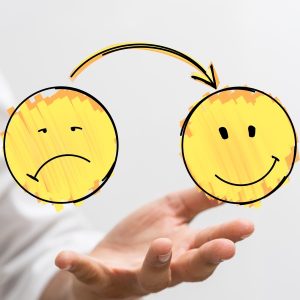What To Expect From Your Sessions
Your initial appointment, whether face-to-face or online, will be a FREE consultation.
In this session, I will spend some time setting you and your child at ease in order to gain a full picture of the challenges you and your child have been facing. This will enable me to create a structured treatment plan should you and your child feel comfortable working with me.

Following this initial session, I will work alone with your child. This approach works well as they will usually talk much more freely in a 1-2-1 environment. You will of course still be involved, I will provide you with feedback after each session. I will be asking you to support your child‘s treatment and some of my feedback might include asking you and the wider family to make some changes to how certain things are done at home in support of your child’s progress. Unlike some other therapies, with NLP we focus on solutions without fixating on the past or the problems a child is facing. My objective is to help your child move forward in a positive and meaningful way.
What About The Therapy?
NLP techniques can help with a wide range of mental health issues by offering tools to change negative thought patterns, improve emotional regulation, and enhance overall well-being. Here’s some of the NLP techniques I might adopt in the treatment of your child:
Reframing Negative Thoughts:
NLP helps individuals view challenging situations from different perspectives. For example, if a child feels anxious about speaking out in a classroom, NLP might guide them to see it as an opportunity to share knowledge rather than a source of fear.

Anchoring Positive States:
This technique involves associating a positive emotion (like calmness or confidence) with a specific trigger (like touching your wrist). Over time, activating the trigger can help bring about the positive state when needed, which can be useful in managing anxiety or stress.

Changing Limiting Beliefs:
Many mental health issues are tied to deep-seated beliefs, like “I’m not good enough”. NLP helps individuals identify and replace these limiting beliefs with more empowering ones.

Visualisation:
NLP uses guided imagery to help people visualise success, relaxation, or overcoming obstacles. This can reduce anxiety and help individuals feel more in control of their mental health.

Improving Communication:
Poor communication often contributes to relationship problems and stress. NLP techniques can help individuals communicate more effectively, leading to better relationships and reduced conflict.

Behavioral Flexibility:
NLP encourages trying different approaches when facing difficulties, which can be helpful in breaking out of negative cycles, such as those seen in depression or anxiety

Resolving Past Trauma:
Some NLP techniques focus on “reprogramming” how past traumatic experiences are remembered, reducing their emotional impact and helping the person move forward.

